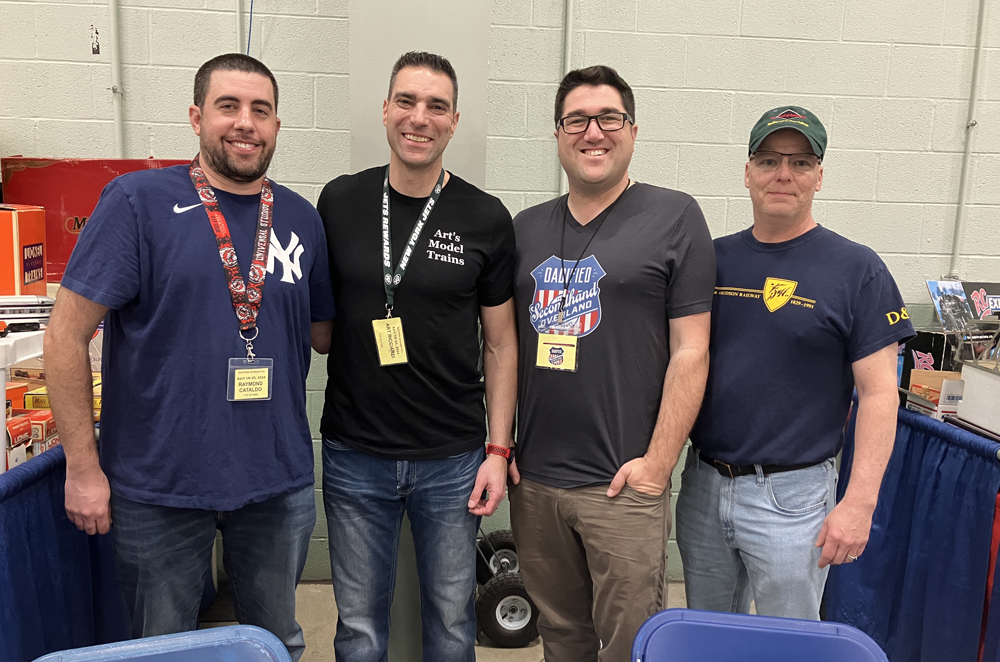
While at the TCA Eastern Division York show in April, I learned about a group of four younger men who had started a YouTube channel to talk about the O gauge hobby. Like the Train Dads I wrote about recently, these are also men who love toy trains, and are also dads. The group’s goal […]
Read More…
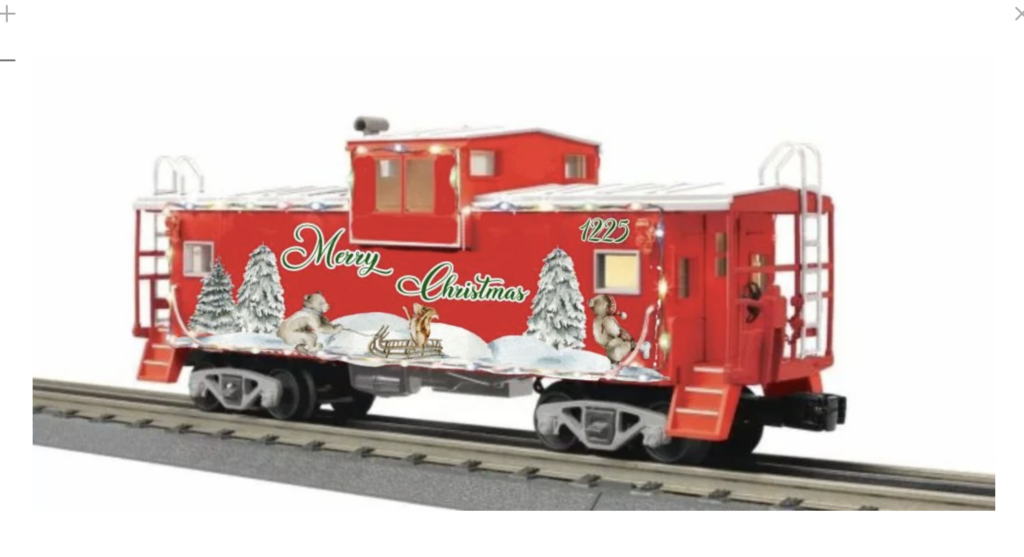
Locomotives & rolling stock Legacy Station, 4153 Lawrenceville Highway, Suite 12, Lilburn, GA 30047, has announced a custom-run MTH Christmas Extended Vision Caboose (30-77406) as part of the RailKing line. The caboose features operating LEDs and is numbered 1225. Price: $89.95. Delivery expected in October 2024. Ordering information is at www.legacystation.com. E-Z Catch Train Shop […]
Read More…
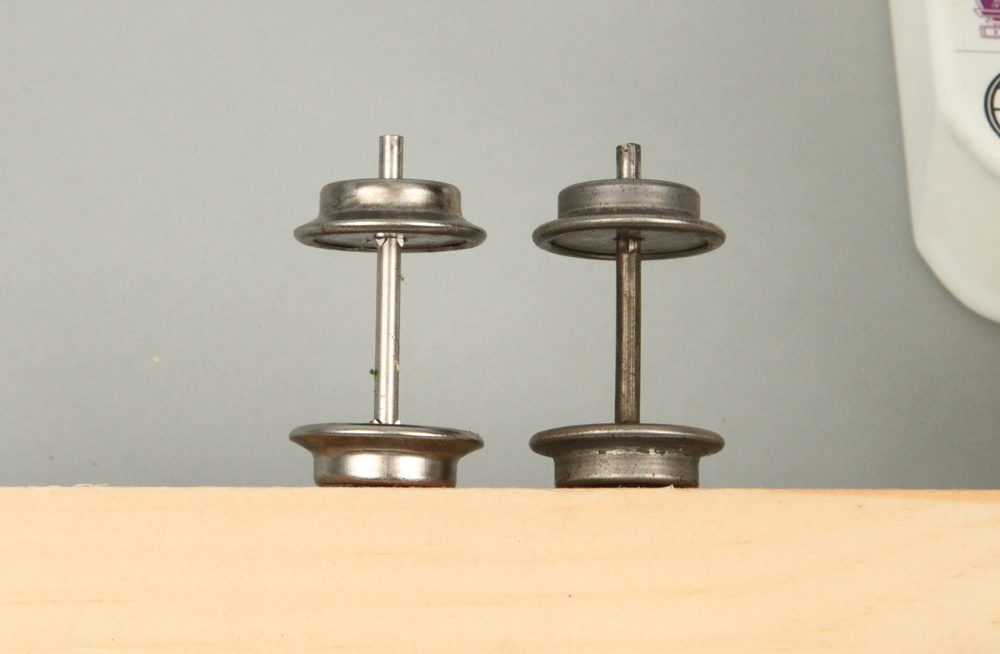
I bought a set of Williams tinplate cars that duplicated scarce Lionel products from the 1930s in an online auction (photo above). I planned to run them on my period layout and was pleased to find the cars to be in like-new condition when they arrived. However, when I placed them behind my Lionel No. […]
Read More…
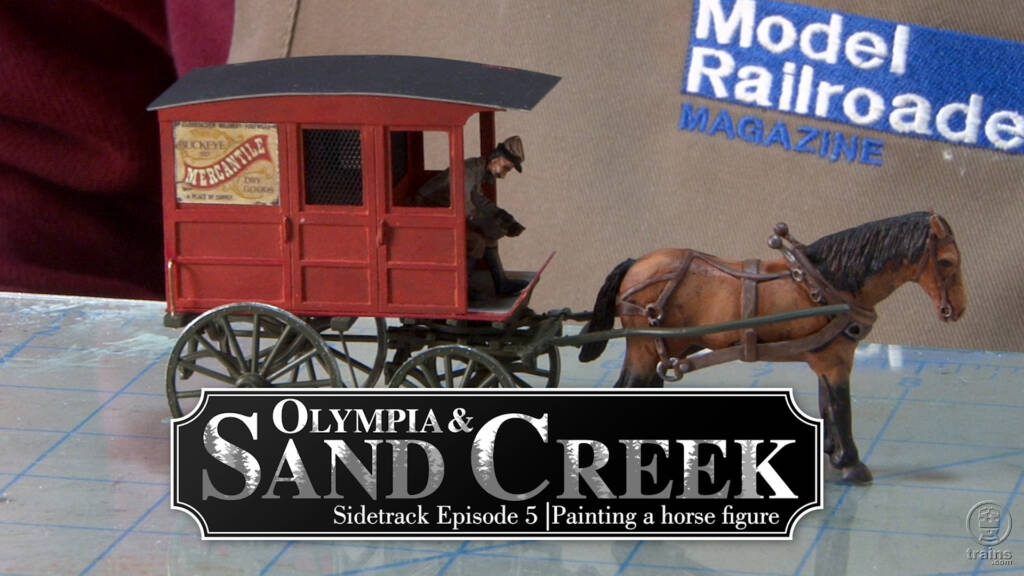
As the Sidetrack Series trots along, David shares his technique for painting the ponies. But following his savvy advice, he begins by decorating the details (harness, hitch, etc.). After painting the body and other fine features, David then demonstrates how to give the steed a suitable, well-weathered appearance. But don’t hitch your horse to this […]
Read More…
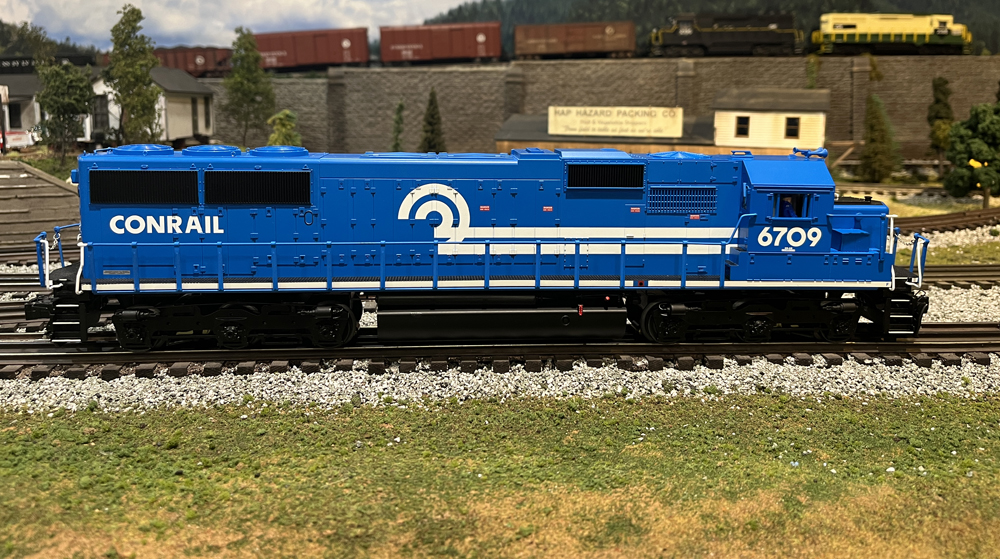
Just as EMD needed to develop the SD50 to compete with GE’s Dash 7, Lionel developed new tooling to add to their lineup. The SD50, announced in the Lionel 2023 Volume 2 was advertised as a new product and all new tooling. Ryan Kunkle of Lionel verified that this product was not made from former-MTH […]
Read More…
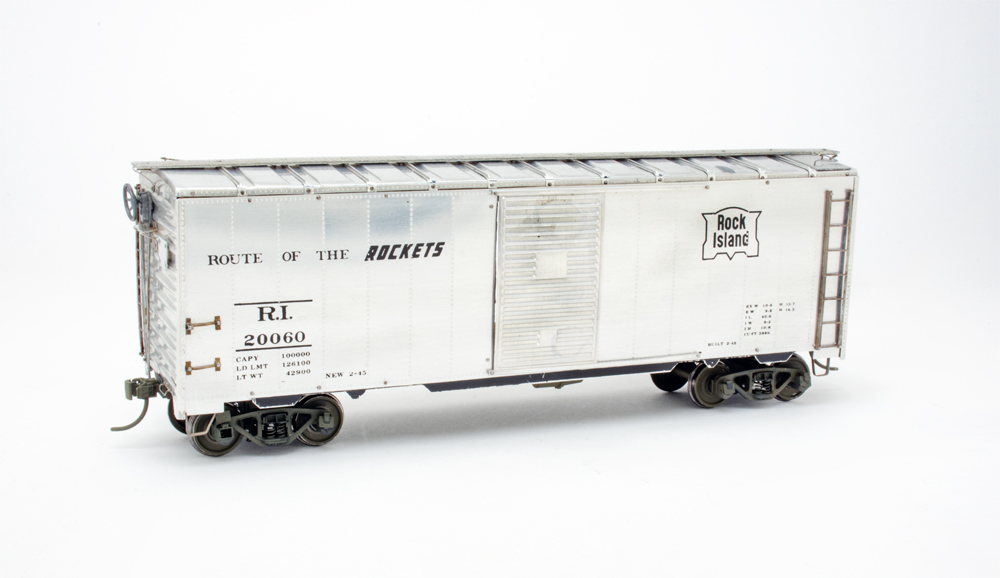
Lionel brought out its first No. 6464 near-scale boxcars in 1953. The models it developed were strongly influenced by what Athearn, a manufacturer of O scale trains, had already been doing, especially with a Rock Island prototype. Little wonder that toy train enthusiasts of every age praised the four new 6464 boxcars. Experienced O gauge […]
Read More…
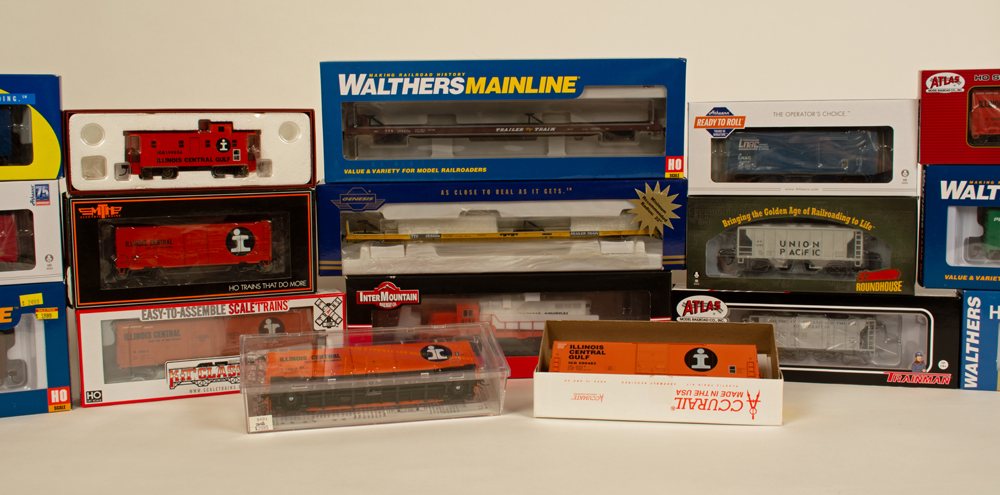
At some point in your life, you will most likely move. For some it may be to a new residence across town. For others it might be several states away, or perhaps another country. In addition to moving furniture, clothes, and other household items, you’ll need to prepare your trains for transport. In this article, […]
Read More…
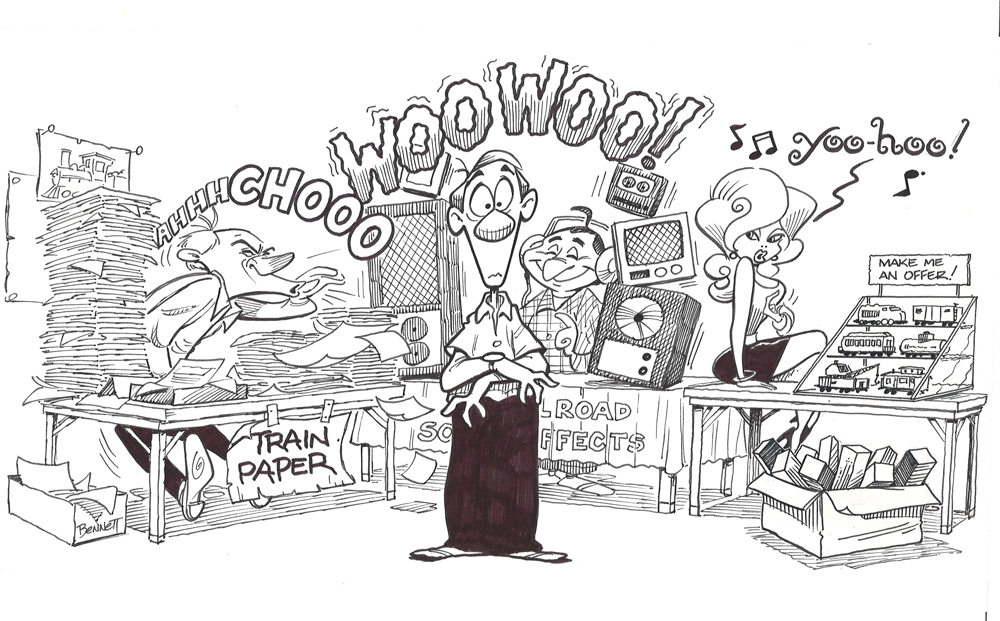
This article was originally published in the December 1990 issue of Classic Toy Trains. John Grams was a longtime contributor and author of CTT’s Q&A column. He also wrote a number of toy train/hobby books. He died in 2011. How do you think this article holds up today? Leave a comment about the “characters” you’ve […]
Read More…
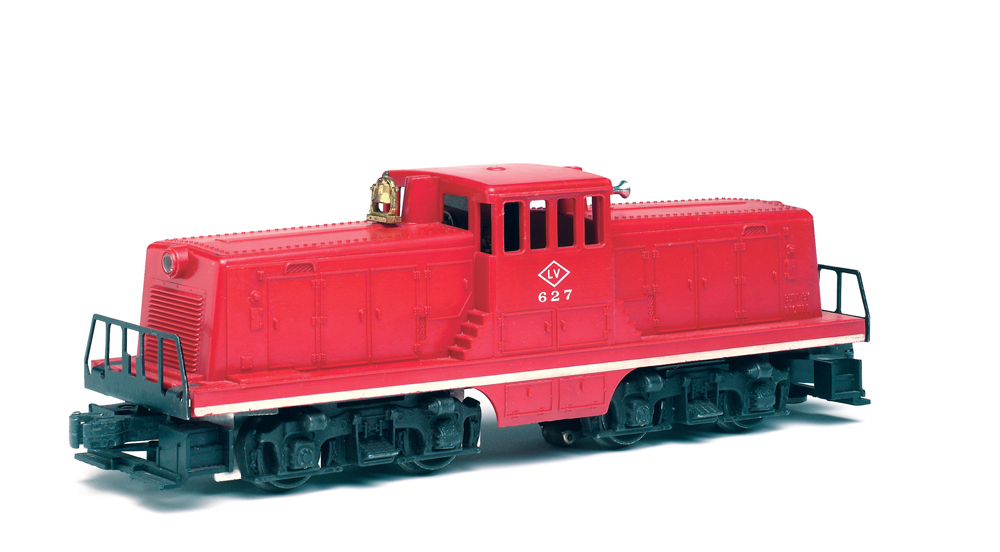
Lionel’s postwar 44-ton diesels may be the most overlooked O gauge locomotives of the era. Collectors focus, instead, on the firm’s models of F3 cab units by the Electro-Motive Division of General Motors and the Train Master road diesels made by Fairbanks-Morse. Operators also like those powerful diesels as well as the big and small […]
Read More…
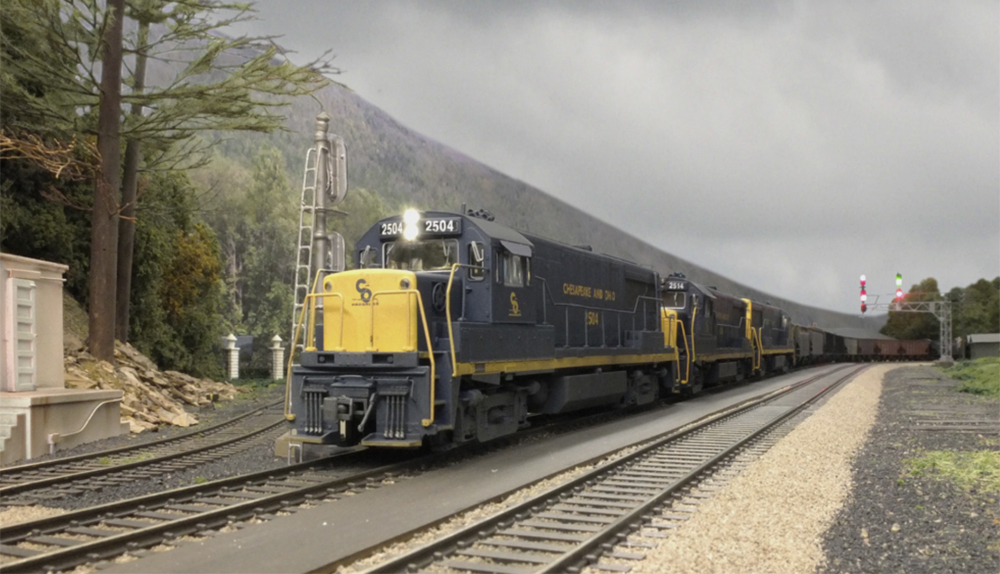
Meet Mike Burgett What was your first train set (or locomotive)? A Lionel 0-27 scale Rio Grande steam engine, a Great Northern hopper, a Burlington Northern gondola, and one oval loop of track at about age 6. I got my first HO scale train, a Athearn “Blue Box” B&O F7A, at about age 8. After that […]
Read More…
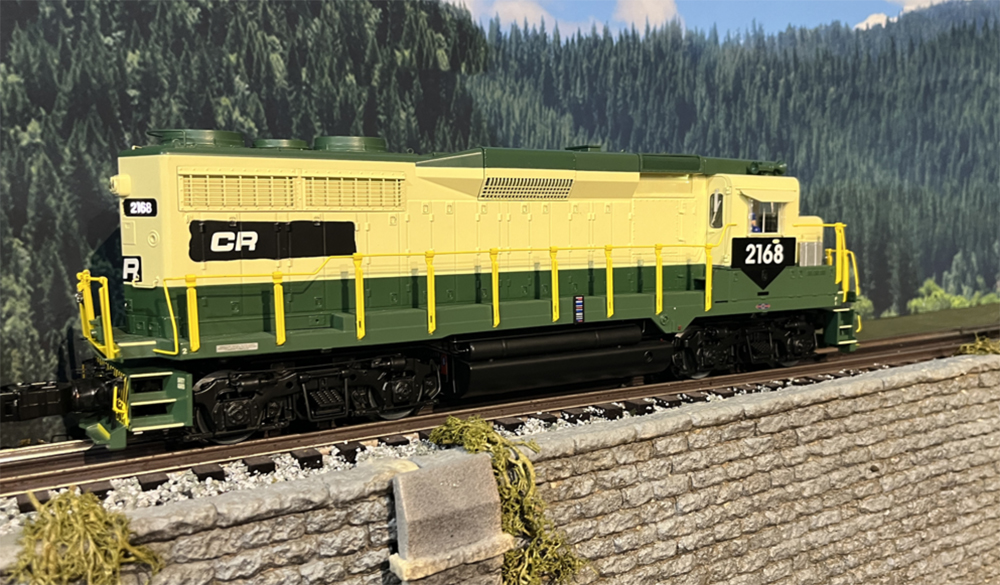
Just before the spring TCA York Show in April, Lionel started delivering some of the diesels from the 2023 Volume II catalog. One of those diesels was the GP30, the gritty workhorse from EMD. This Legacy-equipped model is packed with features and pumps out some serious sound, all in a frame that can safely navigate […]
Read More…
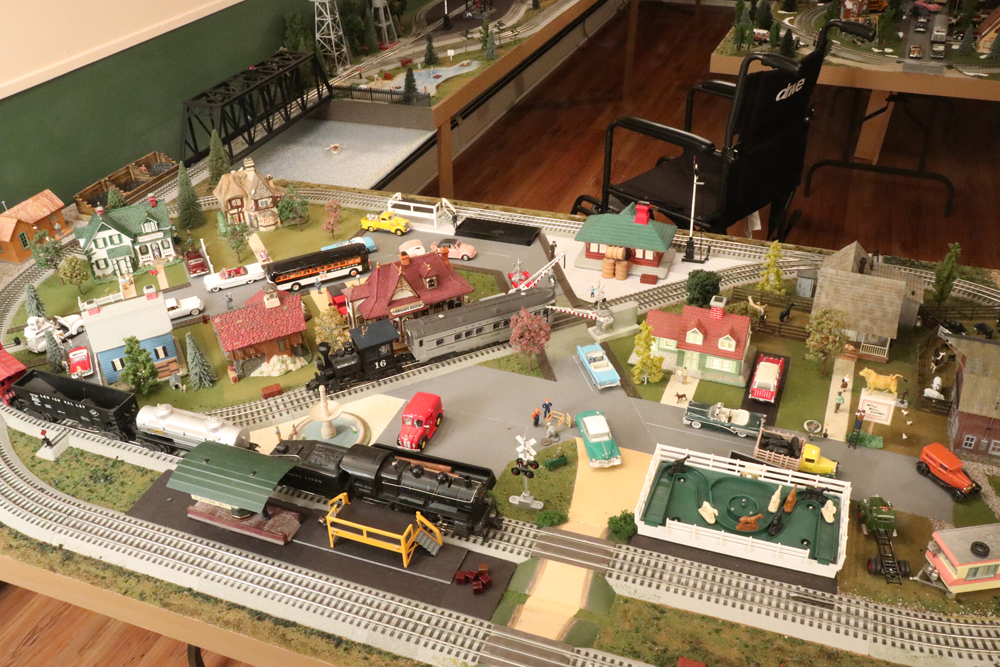
We’re always adding new content to our website. Here’s some recent items you may have missed. Buyer’s guide to structures The one that got away Coming soon! Handicap accessability for toy train layouts Bob Keller writes about a locomotive he loves: Lionel’s No. 41 Army Switcher […]
Read More…












